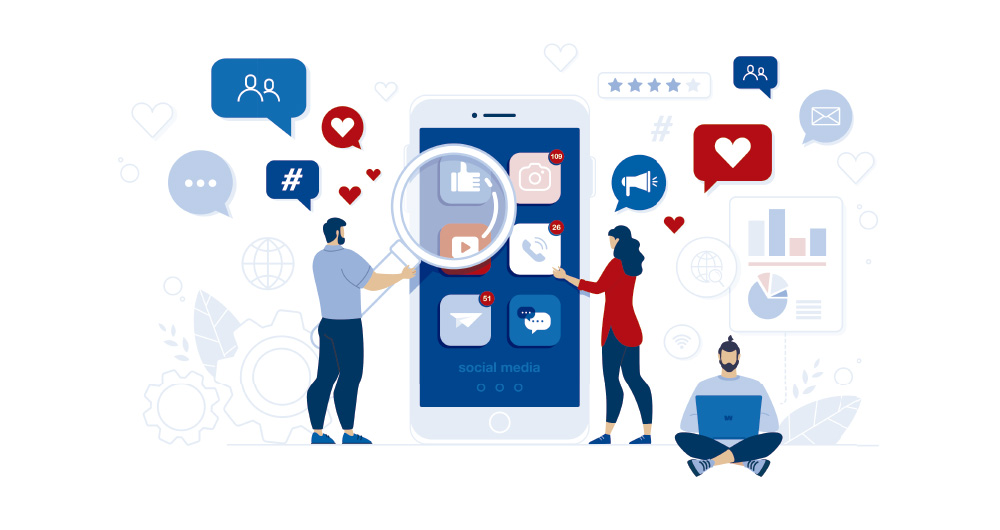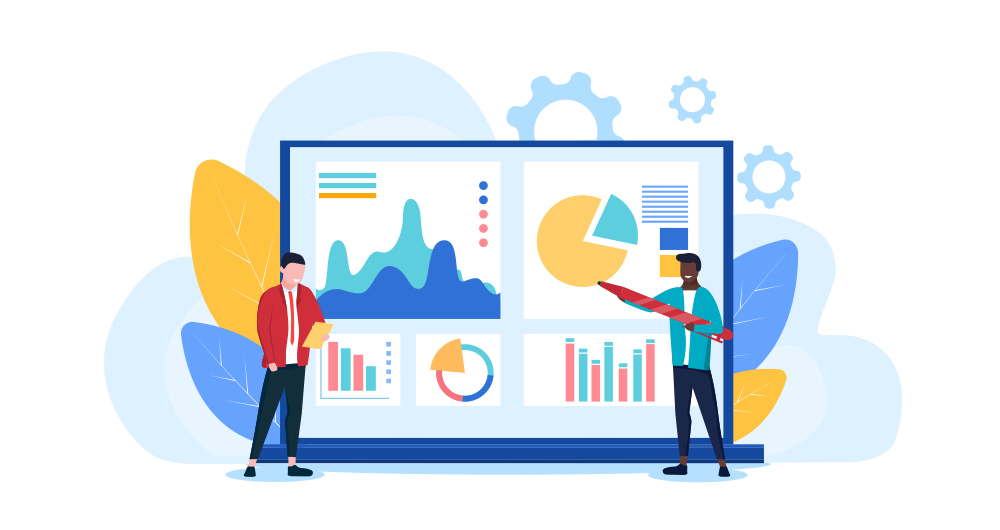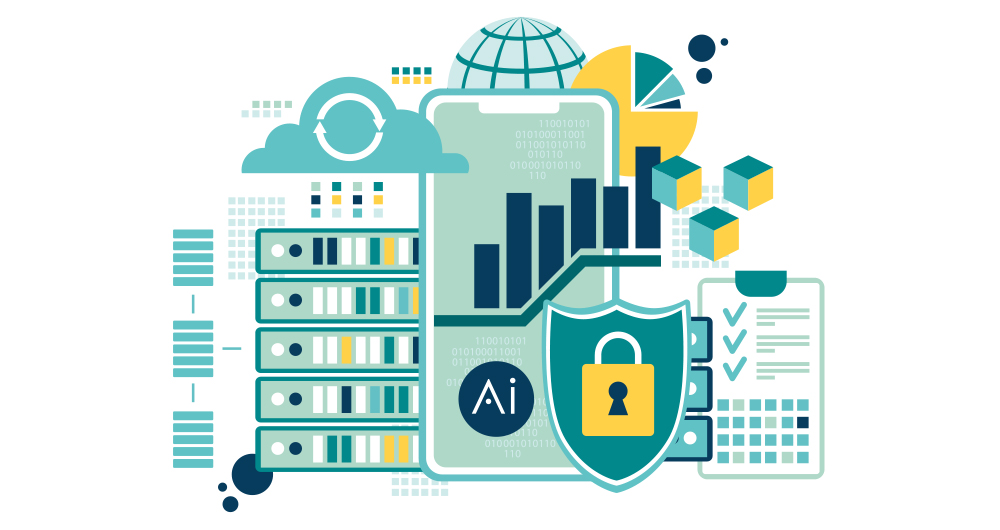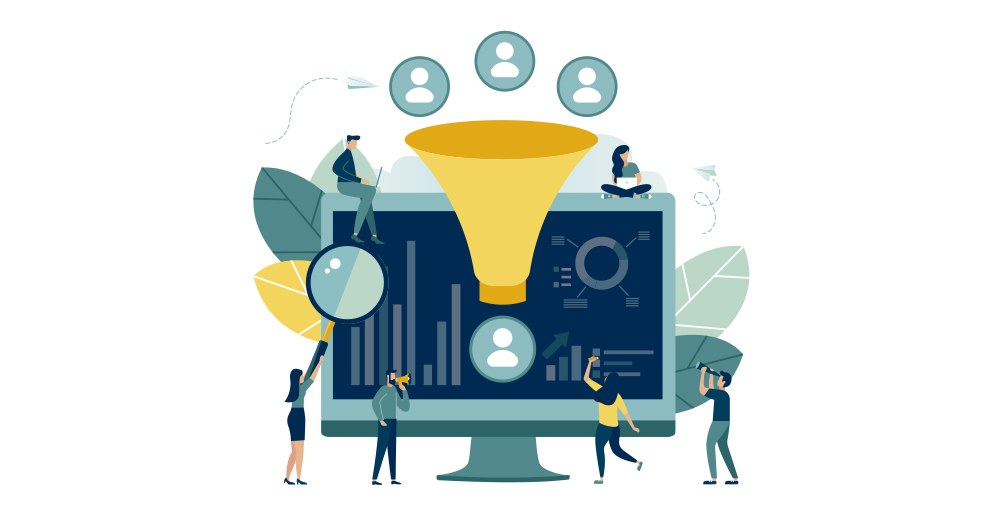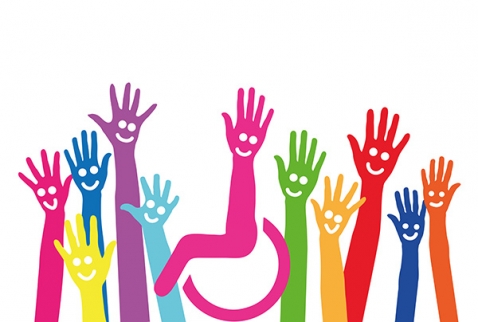11 posts found
How to present open data accessibly
Open data should be inherently accessible, meaning it must be available for free and without barriers that could restrict access and reuse. Accessibility is a fundamental and complex issue because it means that these data sets should not only be available in reusable formats but also that anyone sho…
The most popular network analysis tools
Two decades ago they did not exist, but in recent years, social networks have become an important part of our lives. 29 million Spaniards actively use these services, according to data compiled by EPData. On average, users spend almost 2 hours a day connected to them.
This data makes social networks…
The most popular data visualization tools
Data is a fundamental pillar in business decision making. Before making any decision, it is necessary to analyze the situation to understand the context and envision possible alternatives. And for this it is necessary to present the data in a clear and understandable way.
Data analysis is useless if…
The most popular data analysis tools
Data analysis is a process that allows us to obtain knowledge of the underlying information of the data, with the purpose of drawing conclusions that allow us to make informed decisions. Without data analytics, companies and organizations are limited in examining their results and determining the di…
The most popular data conversion and data cleaning tools
When carrying out a data analysis project, it is usual to work with different sources, which in many cases include datasets with Heterogeneous formats and structures that do not always share the same quality. Therefore, one of the first phases in any data analysis process is known as data cleaning.…
Citizen science and open data to help society
Some time ago we talked about the power of citizen science to generate open data. As we explained then, citizen science initiatives seek to encourage citizens to contribute to various scientific activities and research through their efforts, knowledge, tools and resources.
The participatory n…
Open data: the great allies to eradicate inequality
Is it possible to find in the data the necessary help to solve the real problems that our society faces? While it is true that data alone cannot be transformed into food for the most disadvantaged, nor can it make weapons disappear in conflict zones or inequalities in the world, they are very useful…
How to improve the daily lives of people with disabilities using open data
Close your eyes and try to get on without seeing what is around you. Seat you in a wheelchair and determine if it is easy to access public transport and visit your favourite restaurant.
Perhaps you have not tried to live these experiences, but you could imagine the result. Public administrations are…
How open data can help in the refugee crisis
According to the United Nations Agency for Refugees (UNHCR), we are currently witnessing the highest levels of displacement of people registered in recent history. In 2019, it is estimated that more than 70 million people have been forced to leave their homes, including 25.9 million legal refugees,…
The Juan March Foundation, a pioneer in the use of data science applied to culture
Data science is reaching all sectors, from agriculture to health, tourism or transport. And culture, as illustrated by the DataLab of Juan March Foundation, a knowledge laboratory that not only seeks to manage and disseminate the contents from the Library, but also extracts valuable information that…

